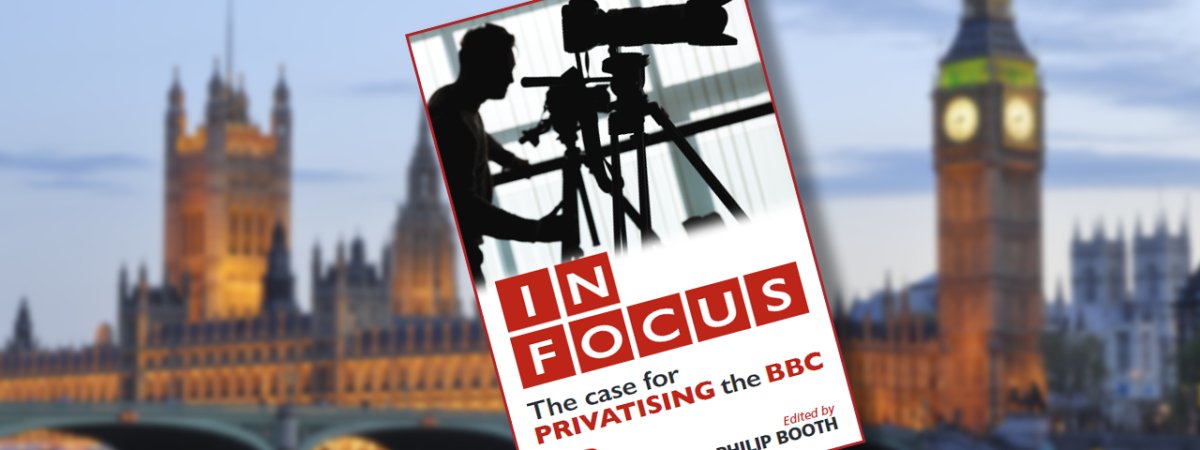Never Mind the Gap: Why we shouldn’t worry about inequality
SUGGESTED

Bias, technological change and commercial competition necessitate reform

EU transport policies impose heavy costs on taxpayers & consumers for little benefit

Myths and bad logic drive obsession with inequality in UK
- After rising in the mid to late 1980s, most measures of income inequality peaked in around 1990 and have fallen since. The Gini coefficient, for example, is currently lower than it was in 1987 and is close to the EU average.
- Wealth inequality has not been rising rapidly in the past decade, and is actually lower than in most other developed countries. There remains a debate about the true level of wealth inequality in the UK, but the trends do no conform to the story of unprecendented or spiralling inequality that are frequently implied in the media. Wealth inequality recently widened for the first time in a decade. However, this was primarily due to housing wealth.
- A strong focus on inequality within nations obscures the fact that global income inequality has been falling. Net wealth inequality figures at a global level give a misleading picture of poverty and inequality. They fail to account for the demographic composition of the global population and imply, for example, that a rich westerner with large debts but few assets would find themselves at the bottom of the global distribution.
- The overwhelming focus on summary statistics of income or wealth at a given point in time perpetuates two misconceptions – namely, that a distribution can be easily controlled and that the economy is a zero-sum game.
- In reality, inequality statistics reflect the results of millions of individual interactions, exchanges, endowments and policies. Affecting a distribution of income or wealth inevitably means interferring with some of these trades or interactions. Saying you want to ‘reduce inequality’, absent conditionality of the causes, implies being willing to accept more poverty or less wealth overall provided the distribution is more narrow.
- Whilst inequality per se might not concern us, some causes of unequal outcomes which we might consider to be ‘unjust’ may well do. For example, the elimination of cronyism might be expected to improve general prosperity whilst also reducing the income gap.
- One might also be concerned about inequality if it could be shown that a larger gap between rich and poor led to a range of social problems corrupted the democratic process or slowed economic growth. But the evidence for each of these mechanisms, constantly heard in the media is weak.
- The big risk of this continued focus on inequality is that we lose sight of the goal of improving living standards generally and for the poorest in particular. Many, particularly on the political left seem to be more interested in the riches of the rich than the poverty of the poor – or else imply that the first is the cause of the second.
2016, Discussion Paper No. 70
To read the press release click here.
This paper featured in City AM.
Fullscreen Mode





